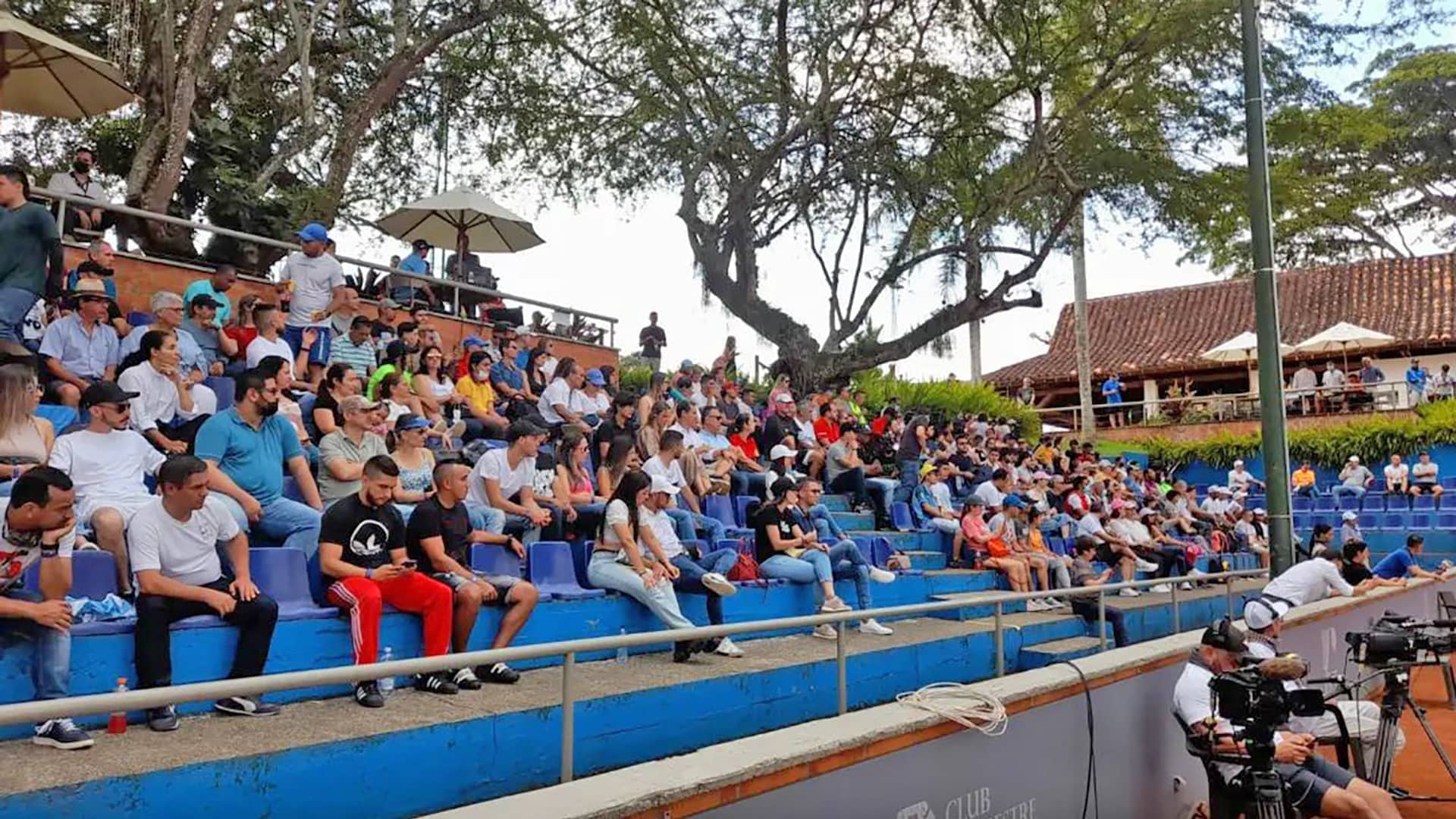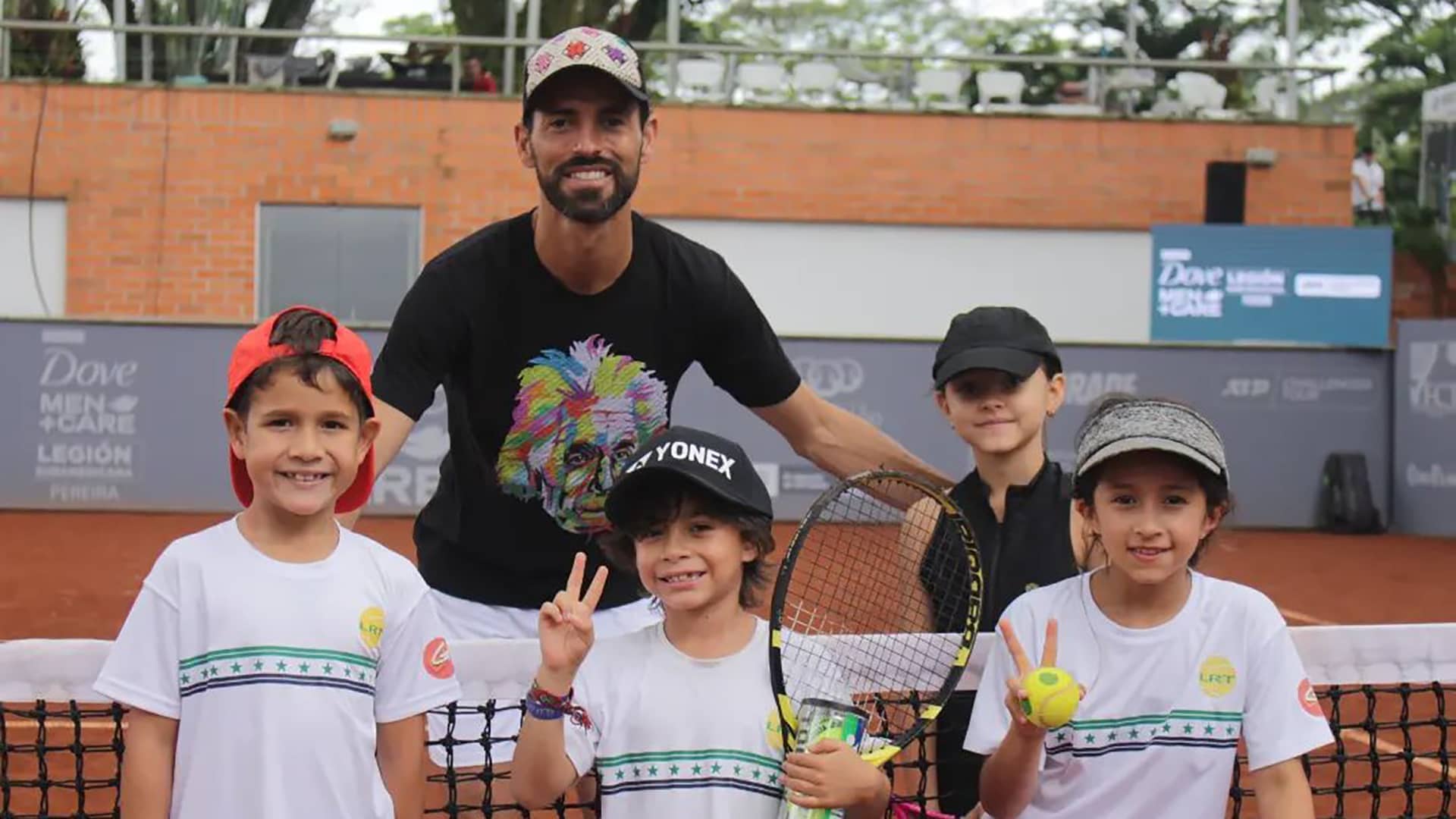The Surprise Strategy Alcaraz Perfected To Make His Historic Breakthrough
The Surprise Strategy Alcaraz Perfected To Make His Historic Breakthrough
The antidote for the deep returner is to serve and volley.
Carlos Alcaraz defeated Casper Ruud 7-5, 6-4 in the Miami Open presented by Itau final on Sunday, winning all eleven serve-and-volley points he played. When Alcaraz needed a point on serve, it was his go-to strategy. The Spaniard used it twice in the final game of the match, including on match point.
Serve and volley is an offensive strategy that is an ideal fit for the teen, who is always looking to dictate with court position, power, and direction. Alcaraz initially served and volleyed down 0-3 30/15 in the opening set to help reverse the early tone of the match, when Ruud was being solid and Alcaraz was pressing. It successfully wrestled the early momentum back from the Norwegian and started the process of climbing back into the match.
Alcaraz Wins First ATP Masters 1000 Title In Miami
All eleven serve-and-volley points by Alcaraz were in the Ad court, with 10 of them coming behind a kick serve out wide. The Spaniard was taking advantage of Ruud’s deep return position. To add to Ruud’s problems, he would also move back to let the kicking serve drop, so he might as well have been returning from the stands with little hope of getting it past the fast-charging Alcaraz.
Alcaraz broke Ruud at 5-5 in the opening set and served and volleyed four times at 6-5 to clinch the set, including on a break point. Remarkably, on three of the serve-and-volley points, Ruud did not get the return back in play from his ultra-deep return location. On set point, he returned the ball in play, but it was to gift Alcaraz a sitter overhead from on top of the net.
Serve and volley was not only a perfect strategy for the match, it also served as a metaphor for how each player was employing his game plan. Alcaraz was all about offence, and also employed scintillating defence when it was required. Ruud is more of a neutralising player, who too often sprayed balls in this match when he needed offence. At 5-5 in the opening set, which proved to be the pivotal moment in the match, Ruud missed three offensive forehands while Alcaraz roped a 102 mph forehand winner that set the tone for the break.
Someone was feeling it. Someone wasn’t.
Alcaraz collected more winners overall (27-22) and was more successful at net, winning 16 of 23 net points to Ruud’s 13 of 22. Coming into the final, Alcaraz had been wildly successful hitting drop shots, winning a mind-blowing 51 of 59 points in which he used his drop shot. But this strategy fizzled in the final, as Alcaraz only won three of 10 points with drop shots.
Alcaraz ultimately won this final because his offensive game style wrestled control of the majority of points. Ruud played a solid match, but his offence was lacking when a blow needed to be landed. Alcaraz could be found serving and volleying in the big moments, while Ruud moved backwards to the extremities of the court chasing what he thought was a high-percentage play, but all too often failed to even get the return back in court.
There is something to be said for moving forward when pivotal moments arrive.





 With no Rafael Nadal or Novak Djokovic as well as a vulnerable (and now, injured) Daniil Medvedev, the Miami Open offered…
With no Rafael Nadal or Novak Djokovic as well as a vulnerable (and now, injured) Daniil Medvedev, the Miami Open offered…